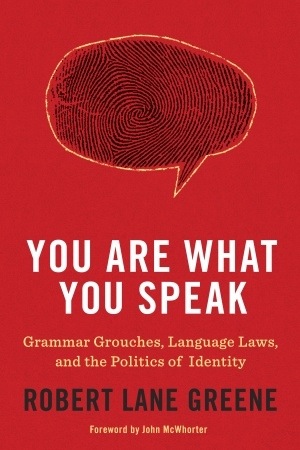
I don’t follow sports. I can tell you the name of the Eagles’s backup quarterback, but I’ll be completely unaware when he’s replaced by the guy who is their usual quarterback. I know there are divisions and conferences. I know baseball has leagues, but I can’t tell you which team is in which. When watching the Super Bowl with friends Sunday, I knew the play immediately following a touchdown could result in two different point amounts being awarded, but I had no idea which plays got to which points. I cannot tell you how many points a field goal is worth.
I was supposed to get this information at some point in the growing up process. I graduated high school in the only state in the Union that requires four years of physical education. I remember when I realized I was missing a piece of being a guy when Mr. Allen set up stations during the basketball unit of P.E. and explained that Station 1 was where we practiced layups and every other guy around me knew what he was talking about and what to do. I was clueless.
At this point in life, I’ve done some things – some very cool things of which I am very proud. Still, I can feel the moment in conversations with new groups of other men where the conversation is about to turn to sports and I’m either going to have to admit I know nothing about sports or stay as quiet as possible while nodding along until the topic changes.
I hate this expectation.
I hate the other half of the expectation as well.
I hate the fact that I can throw out that I’m a queer man and it will absolve me of others’ expectations I’ll be able to hang in conversations about sports. It’s playing into a stereotype suggesting being queer means I’m not going to understand or have any interest in sports. Outing myself as queer and outing myself as sports illiterate feeds a social construct I’m not here for.
This is the story I bring with me when I look at assessment results along gender lines within our district and nationally. On average, our boys’ reading and writing scores are below our girls’. It starts in elementary schools, and leads me to wonder what stories we’re telling and perpetuating about boys as readers and writers. When sitting with teams of teachers I am often asking how they make sure boys see the men in their lives as textually literate. What strategic ways are they working to make sure boys see reading and writing as ungendered?
I worry in similar ways, at the other end of the spectrum, about the gendered stories we tell about math and science. What is it we are doing to uncouple these disciplines from male and masculine perceptions? Setting aside for the moment the pernicious structural and institutional biases at play in tech and STEM workplaces, how are we stealing identities of scientist and mathematician away from girls? Where are they seeing the women in their lives as capable and engaged science-positive members of society?
So, if we are to tell these stories better with a fuller set of voices, how might we proceed?
- Avoid assuming someone’s already told the story. Whether it was Mr. Allen assuming all the boys in our class knew what a layup is or how to shoot one or assuming all girls in a class understand that just because their math teacher is male that doesn’t mean math is for men, examining and addressing our assumptions is a first step to broadening the learning narratives our students hear.
- Prompt students to listen to how others tell the same stories. This means practices highlighted by people like Sunil Singh in this post. Singh mentions math teacher Peter Harrison who “used to give out these insanely hard math problem sets. However, he encouraged students to get help from any teacher in the school — or even outside the school. You just couldn’t ask him.” What might be the power of taking ourselves out of the narrative in order that students might write their own?
- Remember language matters. In my own work with teachers and students I’ve been striving to eliminate a simple phrase from my lexicon – you guys. While I realize the shorthand is largely accepted as gender neutral in intent, I can’t believe it is neutral in how it is heard. Every time we say, “you guys” when we mean everyone, we are challenging anyone who doesn’t identify as a guy to find their way into the conversation. Once or twice it might not matter, but I’m imagining the deleterious effects of a lifetime of having to instantaneously recode your identity to find your place in a conversation.
- Tell fuller stories. One of the most powerful takeaways I had from C.J. Pascoe’s Dude, You’re a Fag: Masculinity and Sexuality in High School was the normative language we use throughout seemingly benign examples we offer students each day. How culturally-representative are the names we use in math word problems? How heteronormative are the texts we ask students to read?
- Open the conversation for adults. My guess would be, if you sat down with your school or district and looked at the results from any assessment, you’d see some trends along gender lines. Fiats and banners about equality will not solve this. Instead, faculty meetings require the space to have honest conversations and to ask which systems and structures might be telling students unintended stories of gendered expectations.



